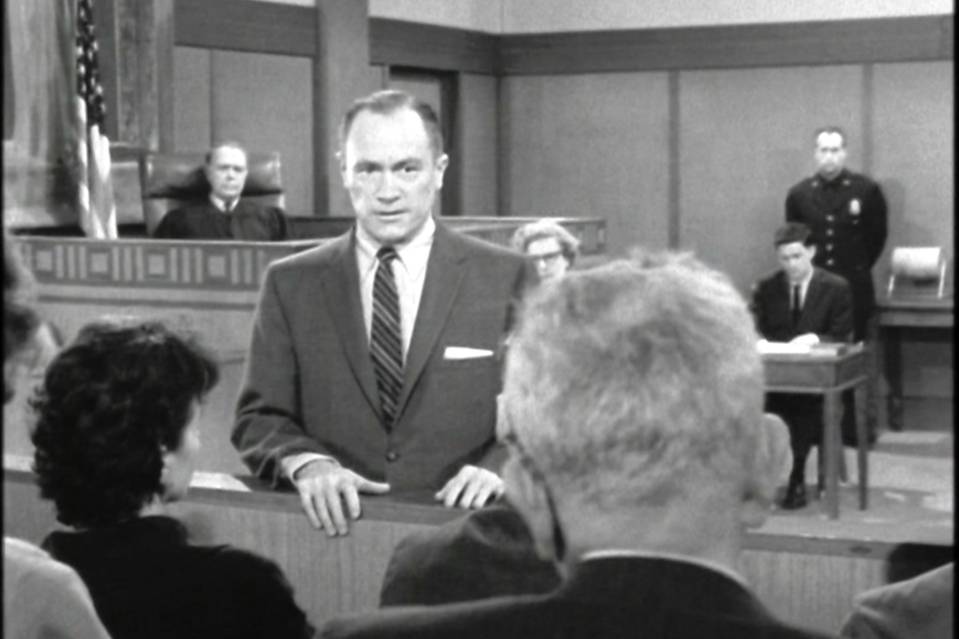FanCollector
Senior HTF Member
- Joined
- Nov 6, 2006
- Messages
- 5,010
- Real Name
- Lee
I think The Benefactor does do what you suggest in your first point, Jack, in that it presents both sides, but not in an equal way. I wouldn't really expect a writer to give equal weight to both sides, though. He or she will have more passion for his or her own beliefs, and passion does have a place in good writing. (Admittedly, there are other important components to good writing also.) Unlike Arrest and Trial, The Defenders did seem to be careful not to make the prosecutor a villain.
I would suggest that the show is not guilty of the other accusation, though. A lot of shows with social agendas do urge specific action. (A show I know you and I both enjoy--Quincy, M.E.--certainly did so on occasion.) I didn't see The Benefactor trying to go down that road. It seemed to me that Stone's point was that there is a problem that we as a society have not sufficiently addressed and there are negative consequences as a result, so we should have the discussion and decide on something to solve the problem. No one in the show seems to be pushing any specific legislative or public change. The one thing all sides seem agreed on is that the defendant, although they respect his courage and feel sorry for his loss, needs to stop doing what he is doing because he is right to recognize the problem but wrong in how he is responding. Beyond that, I read the show as just trying to convince the audience that the problem existed, rather than advocating a clear solution.
At the same time, I think you are right to point out that not everyone will love this series. While I don't see it as being exceptionally forceful about its agenda, it touches on a lot of real-world issues and some people aren't looking for that kind of show. We can differ about how inclusive the writing is, but I think your original point about some viewers just not caring for this type of entertainment is well-taken. I don't think art can ever be fully "balanced," so if the viewer doesn't like programming with a discernible opinion behind it, then this might not be the show for them, which is perfectly fine. If every person likes the same work of art, it makes me a little suspicious anyway!
I would suggest that the show is not guilty of the other accusation, though. A lot of shows with social agendas do urge specific action. (A show I know you and I both enjoy--Quincy, M.E.--certainly did so on occasion.) I didn't see The Benefactor trying to go down that road. It seemed to me that Stone's point was that there is a problem that we as a society have not sufficiently addressed and there are negative consequences as a result, so we should have the discussion and decide on something to solve the problem. No one in the show seems to be pushing any specific legislative or public change. The one thing all sides seem agreed on is that the defendant, although they respect his courage and feel sorry for his loss, needs to stop doing what he is doing because he is right to recognize the problem but wrong in how he is responding. Beyond that, I read the show as just trying to convince the audience that the problem existed, rather than advocating a clear solution.
At the same time, I think you are right to point out that not everyone will love this series. While I don't see it as being exceptionally forceful about its agenda, it touches on a lot of real-world issues and some people aren't looking for that kind of show. We can differ about how inclusive the writing is, but I think your original point about some viewers just not caring for this type of entertainment is well-taken. I don't think art can ever be fully "balanced," so if the viewer doesn't like programming with a discernible opinion behind it, then this might not be the show for them, which is perfectly fine. If every person likes the same work of art, it makes me a little suspicious anyway!







